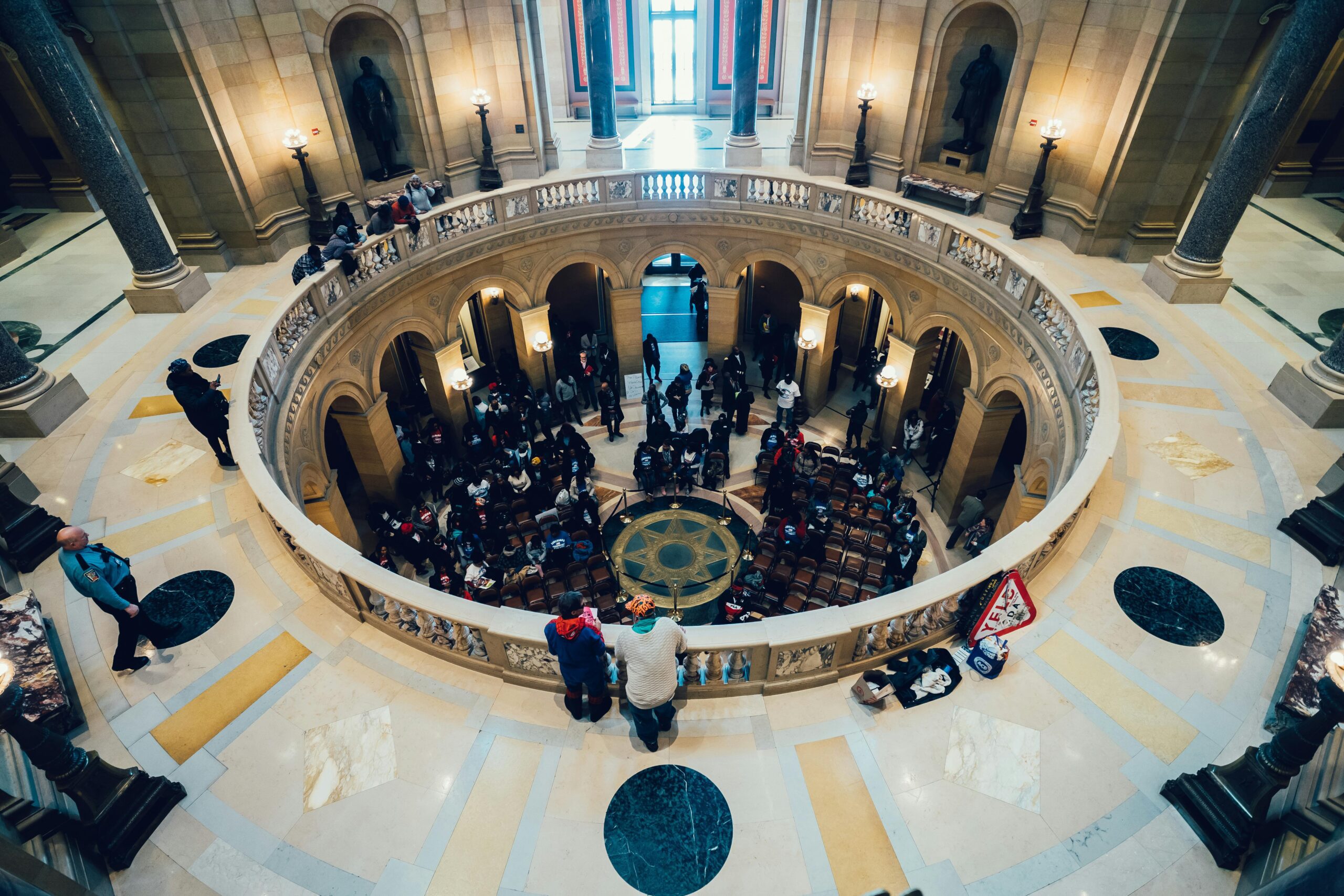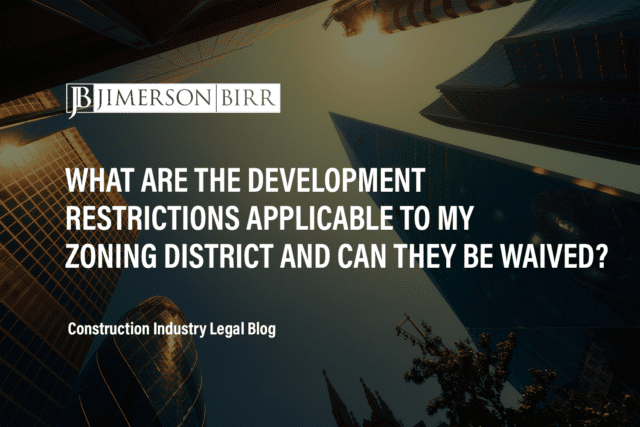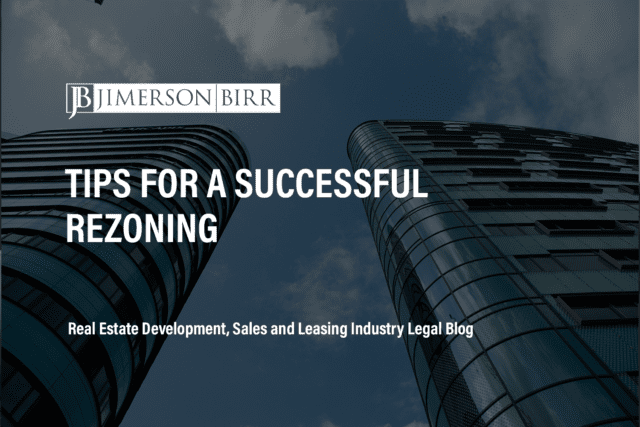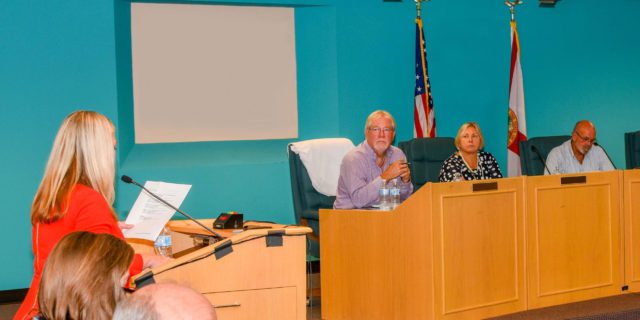How do ordinance and code drafting affect governmental entities?
Ordinance and code drafting play pivotal roles in shaping the operations of governmental entities. Essentially, these processes involve the creation and formulation of rules and regulations that govern various aspects of public life.
In this context, ordinances are local laws enacted by municipalities or counties. These ordinances address a wide array of issues, including zoning regulations, public safety measures, and environmental protections, all of which are crucial for maintaining order and ensuring the well-being of communities across Florida.
Code drafting, on the other hand, refers to the systematic process of crafting and revising legal codes that govern specific areas of law. This process often involves meticulous attention to detail and collaboration among legal experts, policymakers, and stakeholders.
Effective ordinance and code drafting can have far-reaching implications for governmental entities. By enacting clear and comprehensive ordinances, local governments can address emerging issues, promote public health and safety, and facilitate economic development. Similarly, well-crafted legal codes provide a framework for resolving disputes, protecting individual rights, and promoting social justice. Need help regarding ordinance and code drafting? Schedule your consultation today with a top governmental entities attorney.
In Florida, which laws and regulations apply to ordinance and code drafting?
In Florida, several laws and regulations apply to ordinance and code drafting. For example, the Municipal Home Rule Powers Act and statutes governing county governments authorize municipalities and county governments to enact local ordinances and enforce them. Additionally, the Local Government Code Enforcement Boards Act authorizes the creation of administrative boards with authority to impose administrative fines and other noncriminal penalties as a method of code and ordinance enforcement in counties and municipalities.
What are common issues regarding ordinance and code drafting that lead to litigation?
The following issues are among the most common in actions regarding ordinance and code drafting:
· Ambiguity in Language: Poorly drafted ordinances or codes may contain ambiguous language, leading to confusion about their interpretation, application, and validity, ultimately resulting in legal disputes.
· Lack of Compliance with Legal Requirements: Failure to adhere to statutory or regulatory requirements during the drafting process can render ordinances or codes invalid or unenforceable, prompting litigation from affected parties.
· Inadequate Stakeholder Consultation: Neglecting to engage relevant stakeholders, such as community members or industry representatives, in the drafting process may result in ordinances or codes that do not reflect the needs or concerns of those affected, potentially sparking legal challenges.
· Conflict with Higher Laws: Ordinances or codes that conflict with state or federal laws may face legal challenges asserting their preemption or violation of constitutional principles, leading to costly litigation for those involved.
We are value-based attorneys at Jimerson Birr, which means we look at each action with our clients from the point of view of costs and benefits while reducing liability. Then, based on our client’s objectives, we chart a path to seek appropriate remedies. To determine whether your unique situation may necessitate litigation, please contact our office to set up your initial consultation.
What steps should governmental entities take to minimize the risk of litigation over ordinance and code drafting?
To minimize the risk of litigation over ordinance and code drafting, governmental entities can implement the following strategies:
· Consult Legal Experts: Engage qualified legal counsel with expertise in municipal law to review proposed ordinances or codes for compliance with legal requirements and potential areas of concern.
· Conduct Stakeholder Outreach: Actively involve stakeholders, including community members, industry stakeholders, and regulatory agencies, in the drafting process to gather input and address concerns early on.
· Ensure Clarity and Precision: Draft ordinances or codes using clear and precise language to minimize ambiguity and reduce the likelihood of misinterpretation or legal challenges.
· Conduct Comprehensive Legal Research: Thoroughly research relevant state and federal laws, regulations, and case precedents to ensure that proposed ordinances and codes do not conflict with higher laws or established legal principles.
Frequently Asked Questions
What recourse do businesses have if they believe an ordinance or code is unfairly restrictive?
Businesses affected by restrictive ordinances or codes may seek recourse through various legal avenues, including administrative appeals, negotiations with local authorities, or litigation. The specific options available will depend on the nature of the ordinance or code and the applicable legal framework.
How can businesses stay informed about changes to local ordinances and codes?
Businesses can stay informed about changes to local ordinances and codes by regularly monitoring municipal websites, attending public meetings, subscribing to email alerts or newsletters from local government agencies, and maintaining open communication channels with relevant regulatory authorities.
What role do public hearings play in the ordinance and code drafting process?
Public hearings provide an opportunity for community members, businesses, and other stakeholders to express their views and concerns about proposed ordinances or codes before they are enacted. These hearings promote transparency, public participation, and accountability in the legislative process.
Have more questions about a situation related to ordinance or code drafting?
Crucially, this overview of ordinance and code drafting does not begin to cover all the laws implicated by this issue or the factors that may compel the application of such laws. Every case is unique, and the laws can produce different outcomes depending on the individual circumstances.
Jimerson Birr attorneys guide our clients to help make informed decisions while ensuring their rights are respected and protected. Our lawyers are highly trained and experienced in the nuances of the law, so they can accurately interpret statutes and case law and holistically prepare individuals or companies for their legal endeavors. Through this intense personal investment and advocacy, our lawyers will help resolve the issue’s complicated legal problems efficiently and effectively. Having a Jimerson Birr attorney on your side means securing a team of seasoned, multi-dimensional, cross-functional legal professionals. Whether it is a transaction, an operational issue, a regulatory challenge, or a contested legal predicament that may require court intervention, we remain tireless advocates at every step. Being a value-added law firm means putting the client at the forefront of everything we do. We use our experience to help our clients navigate even the most complex problems and come out the other side triumphant.
If you want to understand your case, the merits of your claim or defense, potential monetary awards, or the amount of exposure you face, you should speak with a qualified Jimerson Birr lawyer. Our experienced team of attorneys is here to help. Call Jimerson Birr at (904) 389-0050 or use the contact form to schedule a consultation.

We live by our 7 Superior Service Commitments
- Conferring Client-Defined Value
- Efficient and Cost-Effective
- Accessibility
- Delivering an Experience While Delivering Results
- Meaningful and Enduring Partnership
- Exceptional Communication Based Upon Listening
- Accountability to Goals











